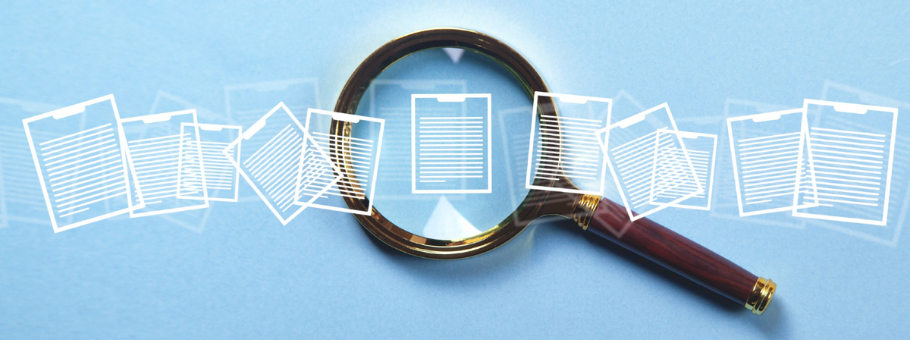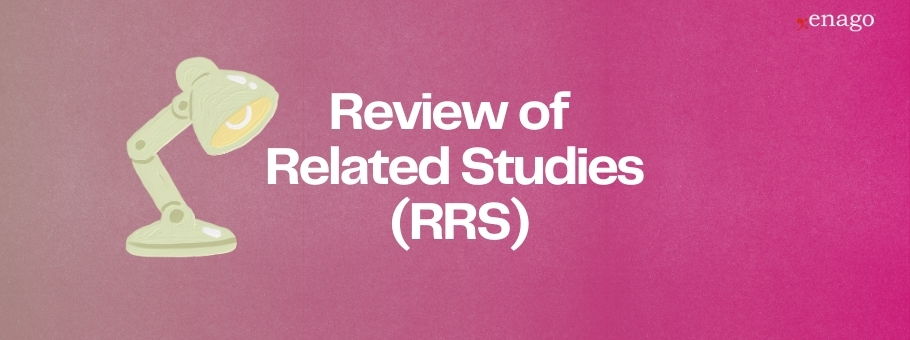What Happens When the Peer Editor Is Wrong?

You open the email from the editor of the journal you submitted your article to, what now seems like ages ago and you see those wonderful words: Your article has been accepted for publication! Amazing! But then you see the next words: “pending revision.” Ok, it might not be too bad. Everyone needs to make some revisions… but then you open the attached document with the comments from the peer editor, who, by the looks of his critique, wants you to write an entirely different article from the one you submitted.
You want to get the article published… but at what price?
Read & Categorize the Peer Editor’s Comments
First of all, read through the peer editor’s comments at least two or three times and make notes. What is easily do-able? What will take a bit more work? And what do you think is not do-able or just plain old wrong?
Do Something Else
Next, put it aside for a few days. When you return to it, re-make your list. Are there still a number of items in that third “wrong” category? If after a few days you have re-evaluated and discovered that most of the things you were opposed to at first perhaps aren’t that bad—great! Move forward with your edits and get that article done! But if there are still more than one or maybe two items that are untenable, you need to decide how to proceed.
Don’t Give Up
Here’s what not to do: don’t throw in the towel and scrap the article altogether. You spent a lot of time and effort creating it; there may either be something wrong with the peer editor’s suggestion or, at the very least, something salvageable from your article. Have a colleague read it and then have them read the peer editor’s comments that you have a problem with. Ask your colleague if they think the editor’s requested changes are justifiable or not. If your colleague thinks they are justifiable, have a conversation about how you might tackle the specified changes.
Talk to the Journal Editor
If your colleague feels the same as you—that the changes being requested are not appropriate—you may decide to contact the journal editor. Most editors will tell you that the changes a peer editor suggests are completely optional—of course, the journal retains the option to then not publish your article. But it is definitely worth contacting the journal editor and explaining your issues with the suggested changes. If the journal editor agrees with you, formulate a specific plan to move forward: what from the peer editor’s suggestions will you take on board and what will you not? Then you know that you are on the same page as the journal editor. This gives you the best chance for ultimate acceptance of the article.
Go Another Direction if Necessary
If on the other hand, the journal editor agrees with the peer editor, this may not be the journal for you. While you certainly don’t have to delete the article from your hard drive, you may want to seriously consider the point of view of the peer editor. Even if you can’t agree, at least figure out where the peer editor was coming from. Are they from a different school of thought in your field? Does your research overturn a long-held belief in your field? Is the subject prone to controversy? If so, you should consider spending time figuring out how to deal with critiques like the one you have been offered, because it probably won’t be the last time you have to address challenges of this nature.
Even if at the end of the day, you still believe the peer editor was just plain wrong, and even if that means your piece won’t be published by this particular journal, take what learning you can from the experience and begin researching other journals which may be more open to your work. Most importantly, don’t let this one harsh critique get you down. Pick up and move on, having confidence in your work.









